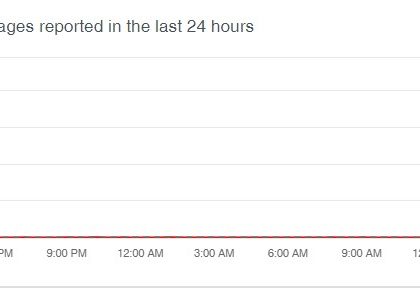Make 2018 your year of taking password security more seriously [source: helpnetsecurity]
by CIRT Team
The popularity of passwords as a means of authentication is still not waning, so advice on how to opt for passwords that are hard to guess and crack is always timely.
Choosing passwords
For one, avoid the most often used passwords.
SplashData’s most recent list of the top 100 worst passwords (of the past year) contains many of the usual suspects (“123456”, “password”, and “qwerty”), but also shows that using common words, personal names, expressions, expletives, consecutive number strings, and one’s year of birth as password is a bad idea.
If you devise your own passwords, make them a memorable and relatively long (e.g. 16 characters) passphrase that, preferably, makes sense only to you. This will allow you to remember it when needed, and make brute-forcing it harder for attackers.
Also, use a unique password for each and every account you create. If it gets compromised – as they often do when online services get hacked – you can be sure that the compromised password can’t be used to access your other accounts.
Consider using a password manager
Naturally, selecting and remembering a unique password for every account takes effort, but the process can be made easier by using a password manager – software made especially for keeping passwords and other sensitive information safe and stored all in one place.
Entry to this vault is usually protected by a password that you’ll have to remember – but what’s one password to remember compared to 20 or 40?
Also, many password managers have password generators, which will make the creation of long, complex and unique passwords a breeze.
For more, click here.
Recommended Posts

Training on cybersecurity awareness for Department of Women Affairs
25 Nov 2023 - Articles, English articles, News, News Clipping, Service










